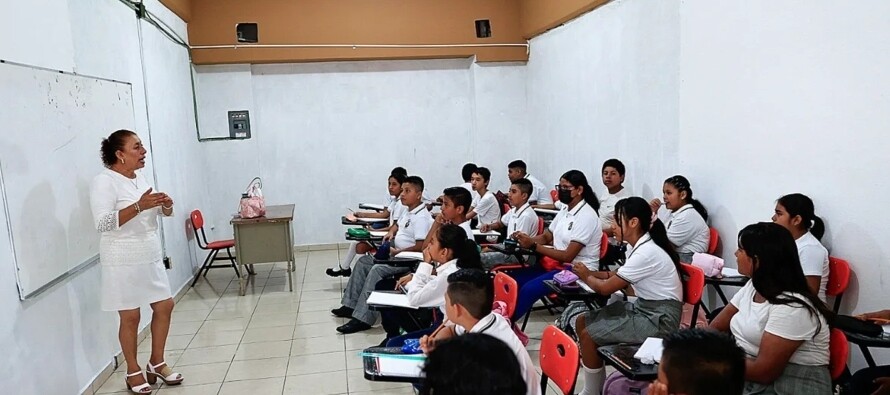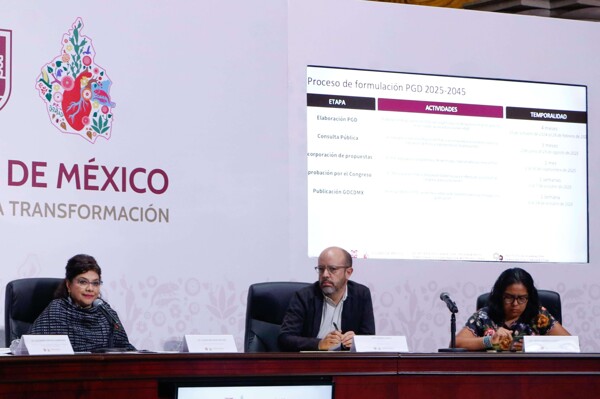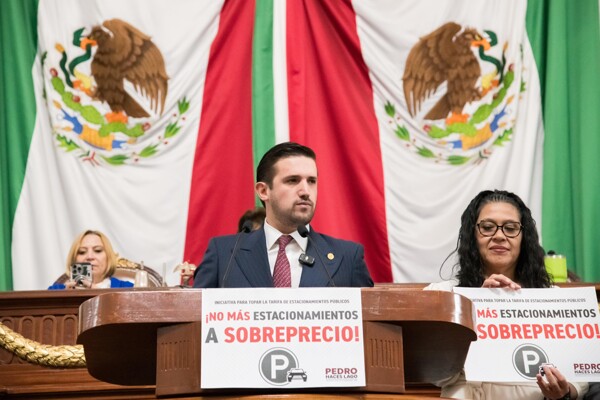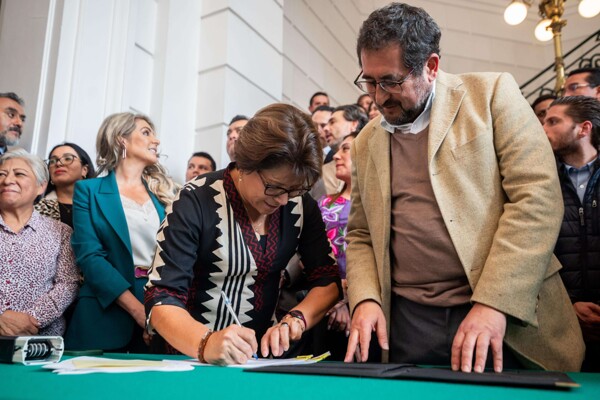
An analysis by the Organization for Economic Cooperation and Development (OECD) highlights the worrying educational situation in Latin America and the Caribbean (LAC), where 75% of students do not achieve the basic level of competence in mathematics. The results of the 2023 Program for International Student Assessment (PISA) raised alarms about the ability of young people to apply mathematical knowledge in their daily lives and how this may affect their access to higher education.
The OECD study evaluates 15-year-olds in reading, science, and mathematics to measure their preparedness for modern challenges. In the case of mathematics, it focuses on students' ability to use mathematical concepts in different contexts. While in LAC 75% do not reach the basic level, in other OECD member countries this figure is only 23%.
During the International Entrepreneurship Congress organized by BusinessKids, the concerning gap in mathematics proficiency among students compared to what is expected according to their academic level was highlighted. Experts warn that this deficiency could negatively impact students' academic and professional futures, limiting their development and growth opportunities.
According to data from the company Kumon, specialized in education, in Mexico, eight out of ten students exhibit deficiencies in mathematics, resulting in a low number of university graduates and difficulties in career choices. This can limit access to certain professions and affect students' future work lives.
Héctor Barrera, expansion manager for Mexico and Central America at Kumon, emphasizes the importance of investing in additional education to strengthen students' knowledge and learning skills. Otherwise, the country may face the risk of having poorly qualified professionals in the future if the current educational deficit is not addressed.














